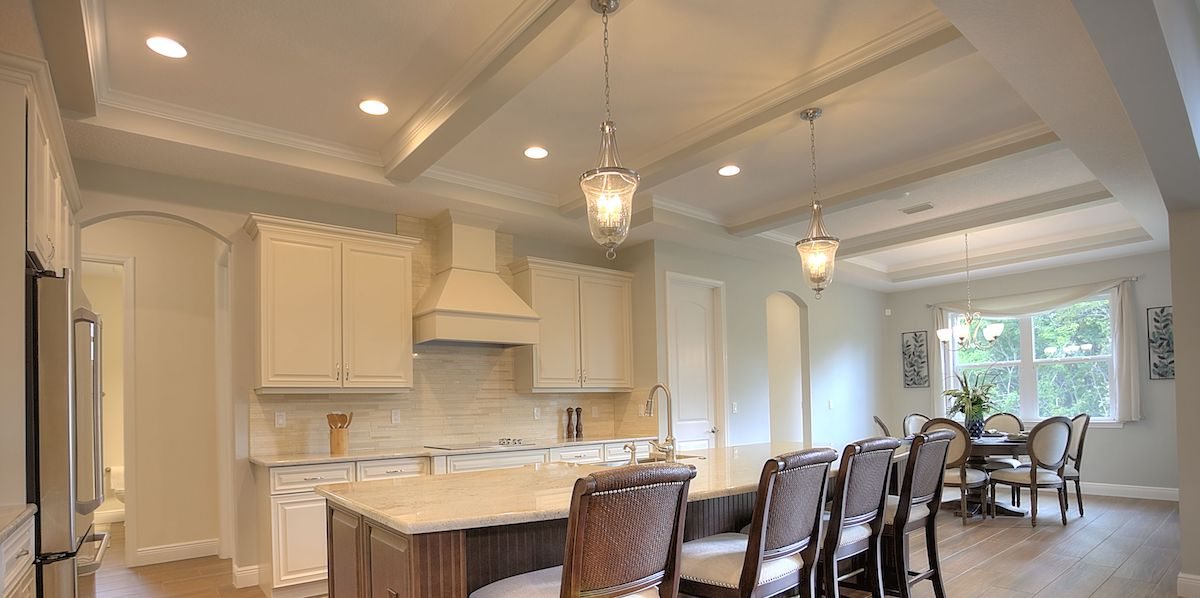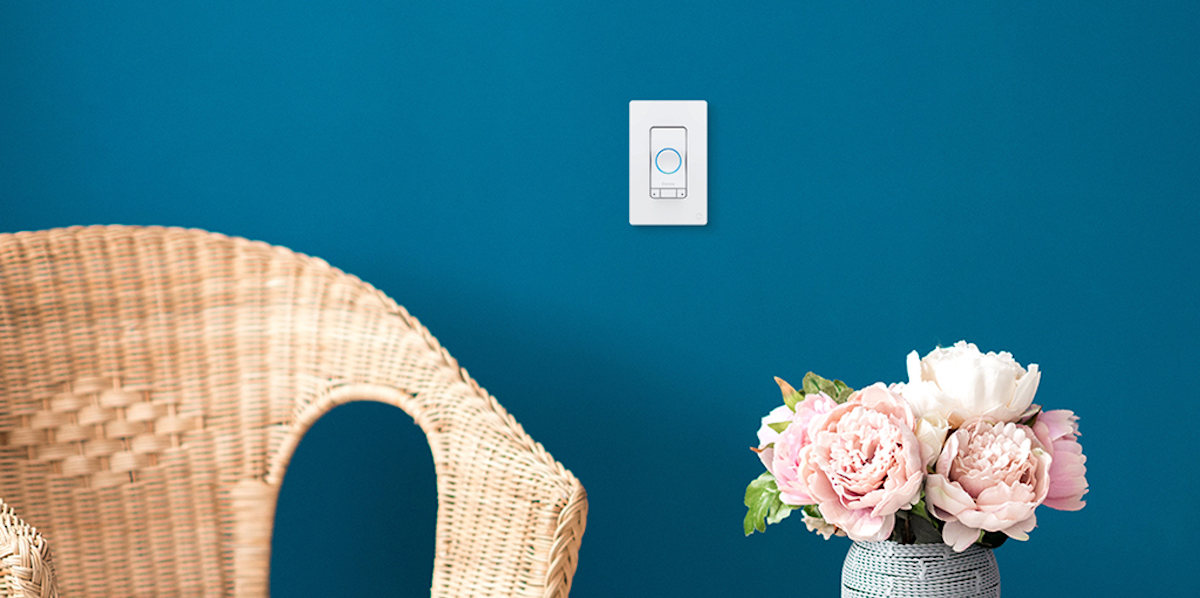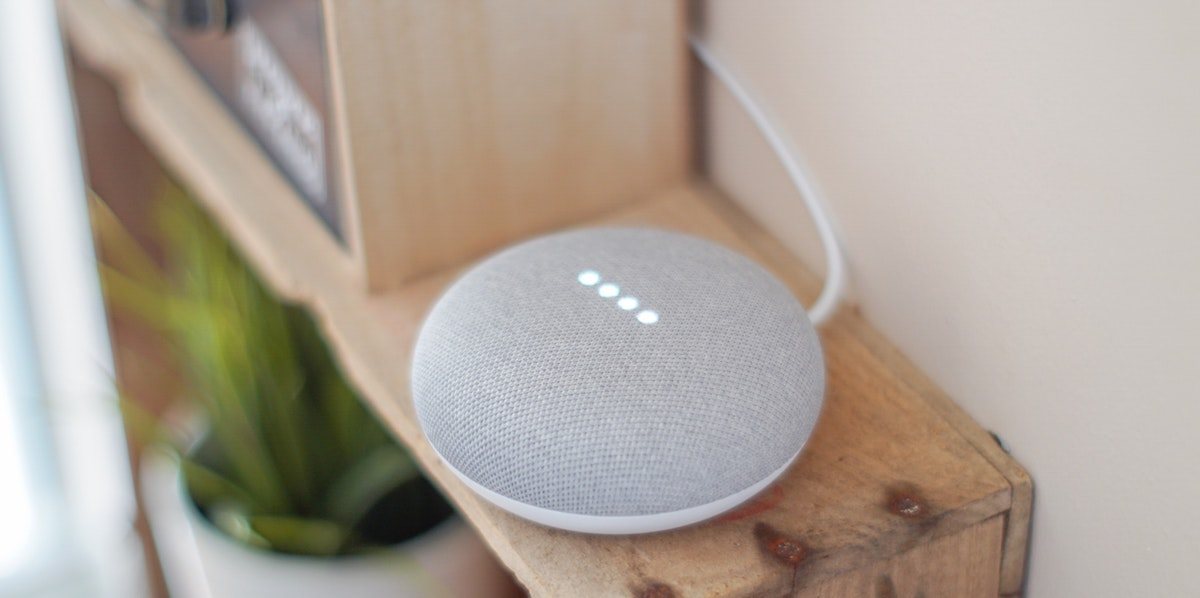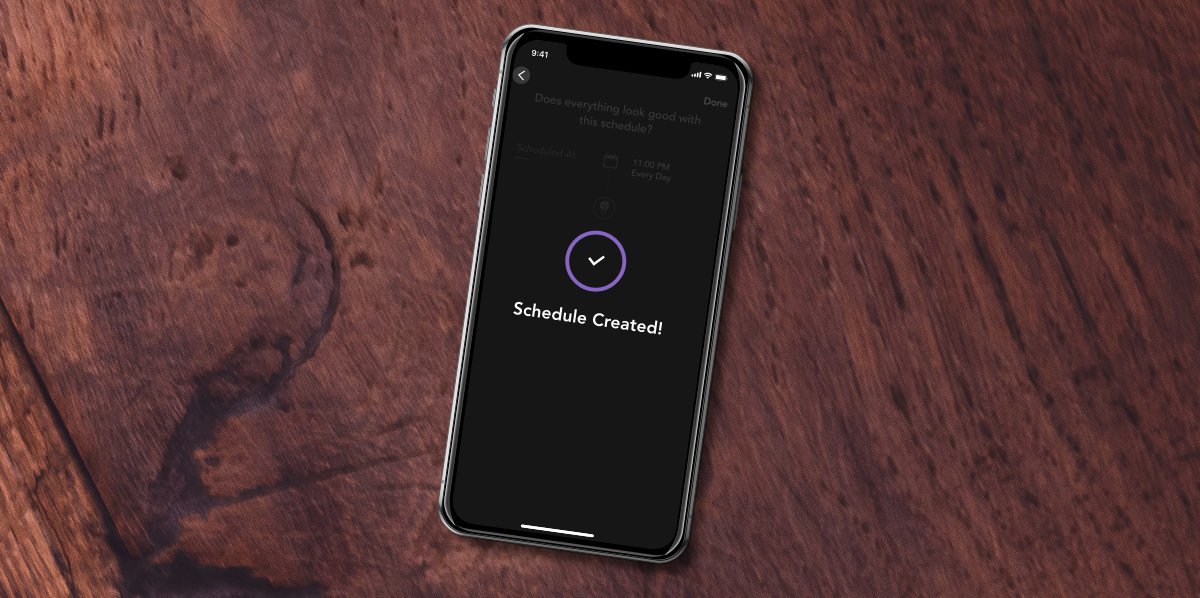iDevices Connected News
Here's what we've been up to at iDevices...
Does a smart light switch save money?

Why are people so intrigued with smart homes? The ability to connect, control, and automate your devices and appliances either remotely or with a bit of help from Amazon Alexa, Google Assistant or Siri is… well, cool! But much of the appeal is in the promise of energy- and cost-savings. Will a smart light switch save you money?
Saving Money on lighting energy costs
Energy-efficient lighting provides a great opportunity for homeowners to cut costs. For example, compact fluorescent lamp (CFL) bulbs use 70 percent less energy than inefficient incandescent bulbs. You can save about 40 percent over the course of one CFL bulb’s lifetime (drastically longer than incandescent). CFLs also produce 75 percent less heat, which can help cut cooling costs.
But today’s homeowners have more advanced options. Smart bulbs, for instance, can significantly reduce energy use. They do come with a higher initial price tag (for example, a four pack of the most popular smart bulbs costs about $50 - and another $50 for a hub to connect them), but they start saving you on your month-to-month utility bills immediately.
One incandescent bulb costs about $4.80 a year in electricity. Let’s say that your home has 20 incandescent bulbs; that’s $96 a year. If you have 20 smart bulbs, it costs just $1 each, or $20 a year. It’ll take a little time before you break even, but you’ll get there!
Now, there is another option for saving money on lighting: smart light switches.
The smart light switch revolution
A smart light switch is not the same as a smart bulb. Think of it as more of a complete system rather than just a single component. These switches replace conventional built-in switches; they can function just like regular light switches, but they provide additional ways for you to control your lighting and any devices that are switch-wired (e.g., ceiling fan, garbage disposal, etc.).
There are significant energy efficiencies and savings to be found with a smart light switch:
- Light switch automation: Smart light switches, such as those from iDevices, integrate with IFTTT (If This Then That) - which means that one action triggers others. This allows you to set up sunrise and sunset automations: your lights, for instance, may automatically turn on when the sun sets and turn off when the sun rises. You can perform this type of automation in the Google and Alexa app or, if you have an Apple TV, iPad, or HomePod, in the iDevices Connected app. Cross-functionality is important, and iDevices work with all the top platforms so you can use the solution that is right for you.
- Scheduling: On a similar note, you can set schedules to operate your lights at certain times. For example, if you’re away, you can have lights turn on at selected times of the day so it appears as if someone is home. This is both cheaper and more effective than simply leaving lights on.
- Anywhere, Anytime Access: Because you can access your smart light switch system from anywhere via your app, you don’t have to worry about whether you left the kitchen light on this morning or wonder if you shut off your bathroom fan after your shower. You can simply open your app and turn them off to cut energy waste.
Note: Smart light switches work with smart bulbs, but there's no benefit to having both, and combining them can add unnecessary confusion. For smart light switches, you can use any standard residential light bulb you choose. If you want to be able to adjust the level of the lights, be sure to get dimmable options. This can be another way to save money!
The ability to automate, schedule, and remotely access your smart light switch gives you a great deal of control over costs. You can eliminate waste while ensuring comfort and greater security. And saving money is … well, cool!



